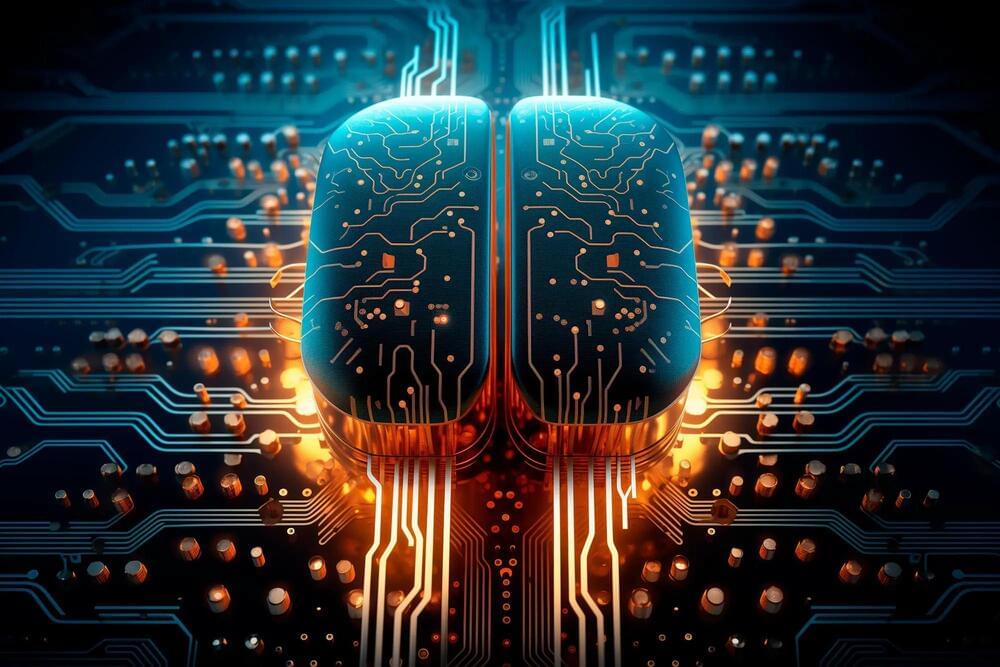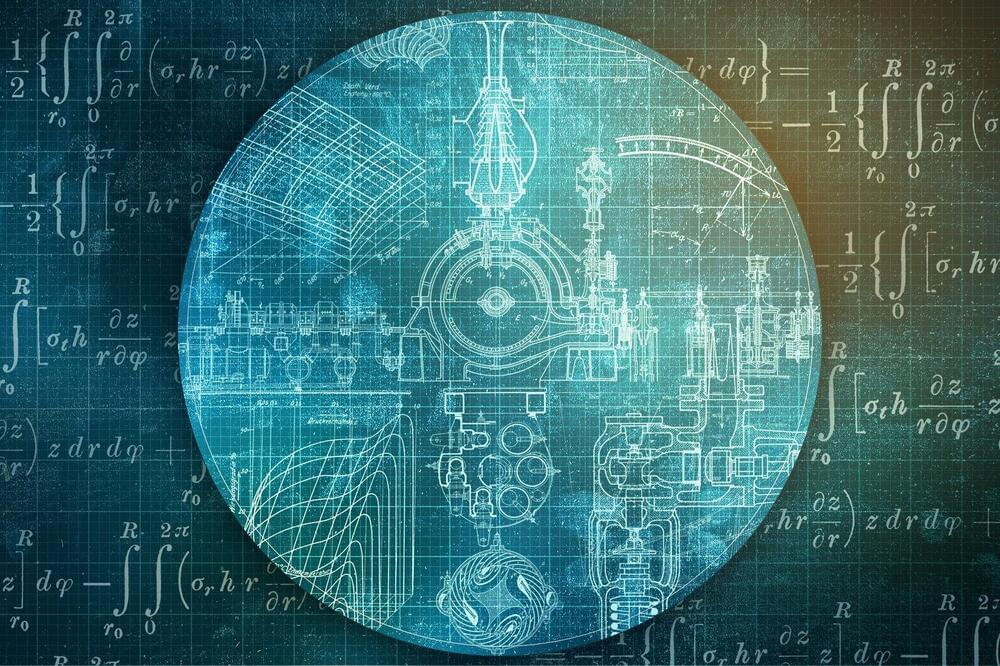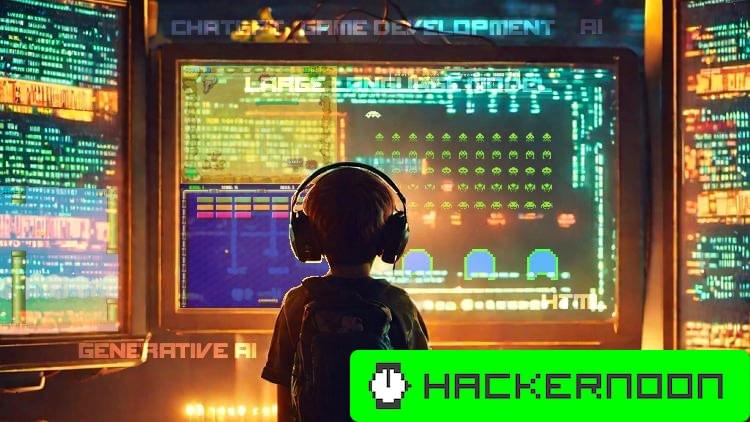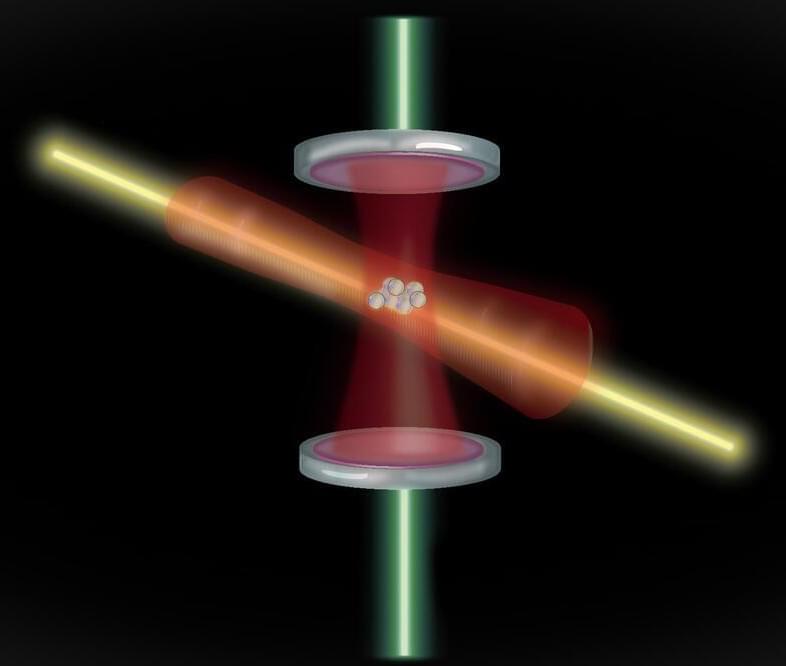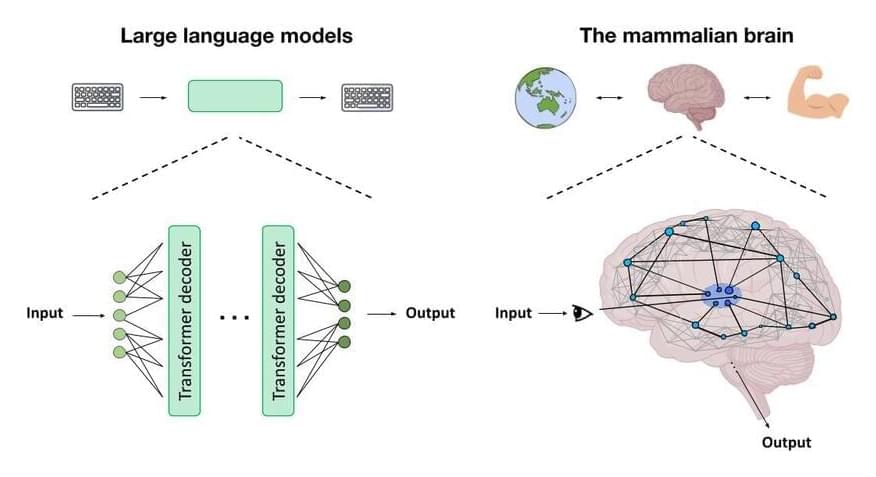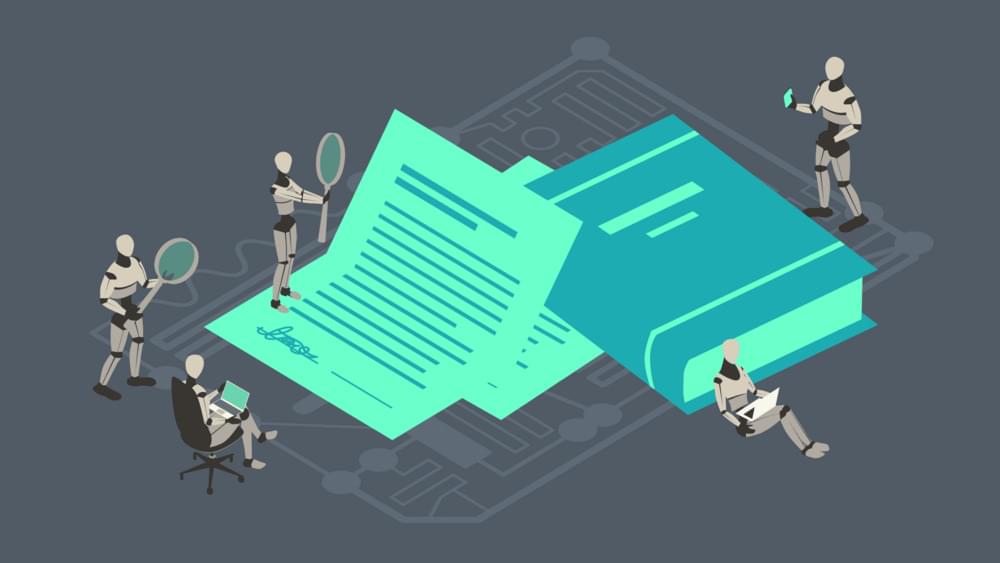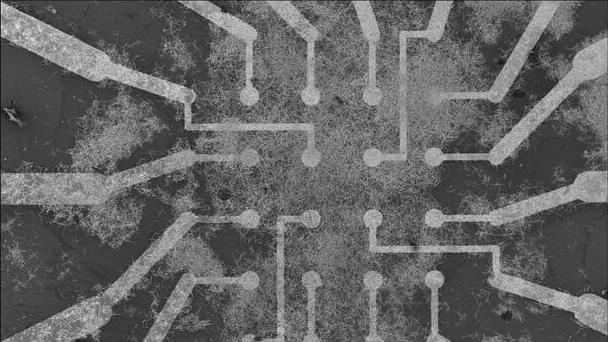Hussam Amrouch has developed an AI-ready architecture that is twice as powerful as comparable in-memory computing approaches. As reported in the journal Nature, the professor at the Technical University of Munich (TUM) applies a new computational paradigm using special circuits known as ferroelectric field effect transistors (FeFETs). Within a few years, this could prove useful for generative AI, deep learning algorithms, and robotic applications.
The basic idea is simple: unlike previous chips, where only calculations were carried out on transistors, they are now the location of data storage as well. That saves time and energy.
“As a result, the performance of the chips is also boosted,” says Hussam Amrouch, a professor of AI processor design at the Technical University of Munich (TUM).
